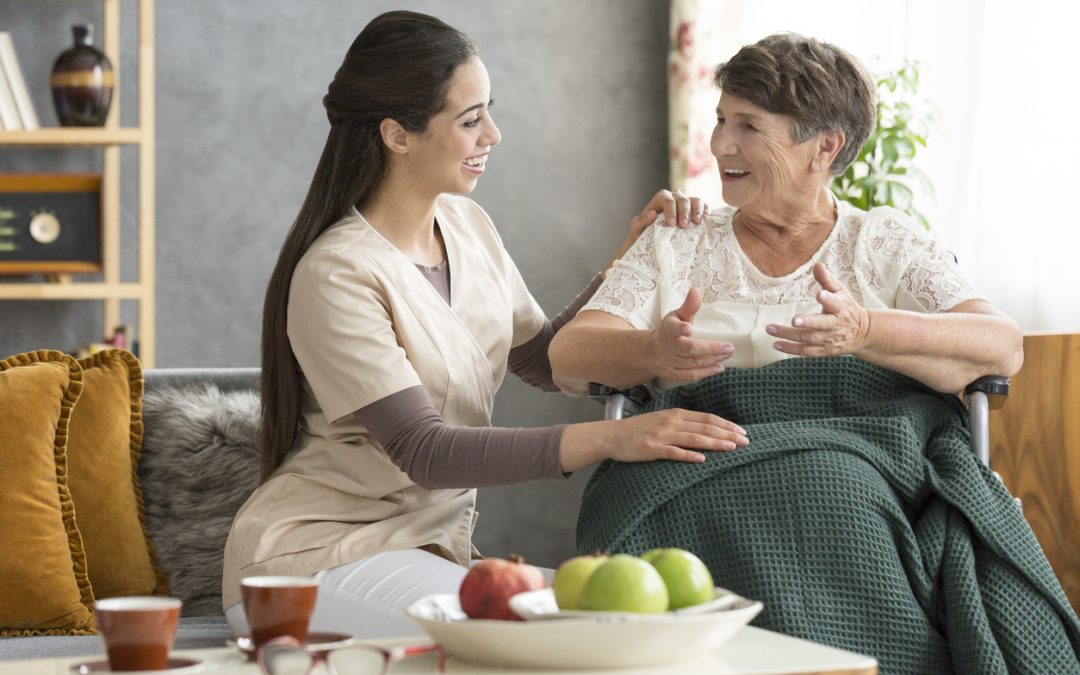As we age there’s a common assumption that moving into aged care can accelerate mental and physical decline. But what if this doesn’t have to be the case? Reablement is not a new term, but it has been showing significant benefits for ageing Australians in recent years.
What is reablement in aged care?
Reablement challenges the belief that physical and mental declines are irreversible and unavoidable as we age. In fact, certain exercises and activities can help older people to maintain – and in some cases even regain – their coordination, strength, cognition and balance. Reablement can include simple and repetitive physical therapy techniques, or more complex activities such as cooking lessons. Other activities might be based around social and community interactions to maintain conversation skills and mental cognition; in short, anything that helps to maintain independence and confidence. Reablement is not only applied in aged care environments, but also for people recovering from illness or those living with a disability – and proving particularly valuable for those living with dementia.
It’s no surprise that repetitive actions can help to build new neural pathways in our brains; neuroplasticity helps us to form habits and behaviours throughout our lives. However, it hasn’t been until relatively recently that aged care facilities have been actively incorporating reablement strategies to maintain residents’ quality of life.
How do I find aged care near me that supports reablement?
Some Australian aged care facilities have been using the reablement approach since around 2000, and at Aurrum we have been incorporating reablement strategies into our care model for excellence for some time.
What do reablement activities look like? Cognitive rehabilitation can include reminiscence therapy to connect with objects or memories from a resident’s personal history; reality orientation such as discussing the date and weather; and group activities such as singing, puzzles, music and bingo games. Physical rehabilitation might include aerobic exercise such as walking, strength and resistance training, plus balance and coordination exercises. Reablement does not always need to be in a structured form, but can also be incorporated incidentally in the enjoyable experiences of daily life. Aurrum care teams also believe that respecting a person’s decisions and preferences about their own care is also of paramount importance in encouraging confidence and independence.
While it’s only natural that we will all experience some decline as time goes on, reablement provides a more positive approach to maintaining and even regaining the faculties that may have previously been thought lost. It also enables aged care residents to keep the highest possible level of independence for as long as possible, which can have a profound impact on mental wellbeing and happiness. At Aurrum, we believe that this is a truly worthy pursuit.
